Postsecondary education provides millions of individuals an opportunity to improve their futures and those of their families. In addition to generating social goods like increased productivity, improved public health, and greater civic engagement, college education also confers private economic benefits that secure many graduates a foothold in the middle class. Indeed, research shows that the country’s colleges and universities are essential engines of upward mobility in American society.
Benchmark measures of Americans’ economic fortunes confirm the employment and earnings advantages college graduates enjoy, but they also reveal substantial racial and ethnic inequities that persist even among adults of equal educational attainment. While economic inequalities arise from many sources—from differences of geography or familial obligations to outright discrimination—it is likely that these residual disparities also reflect racial and ethnic differences in students’ levels and sectors of enrollment, fields of study, and student-debt burdens.

